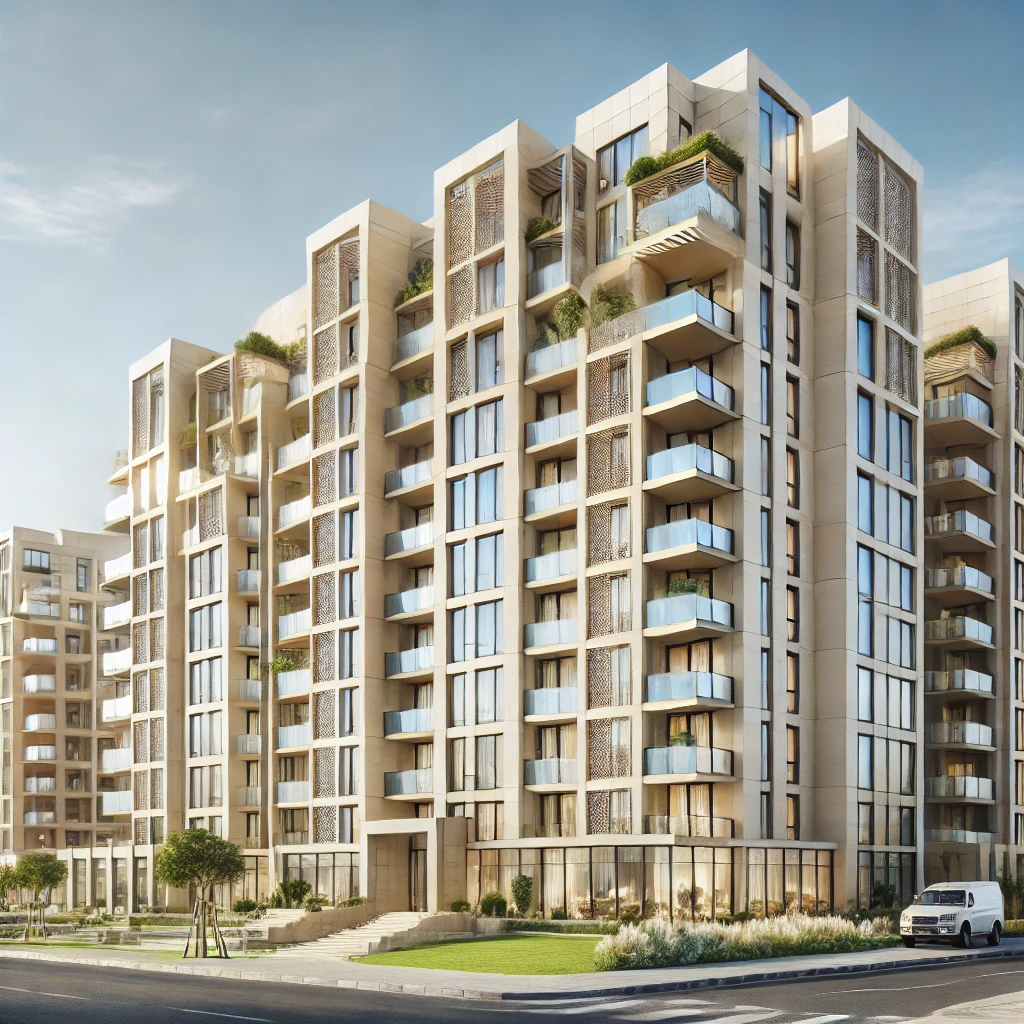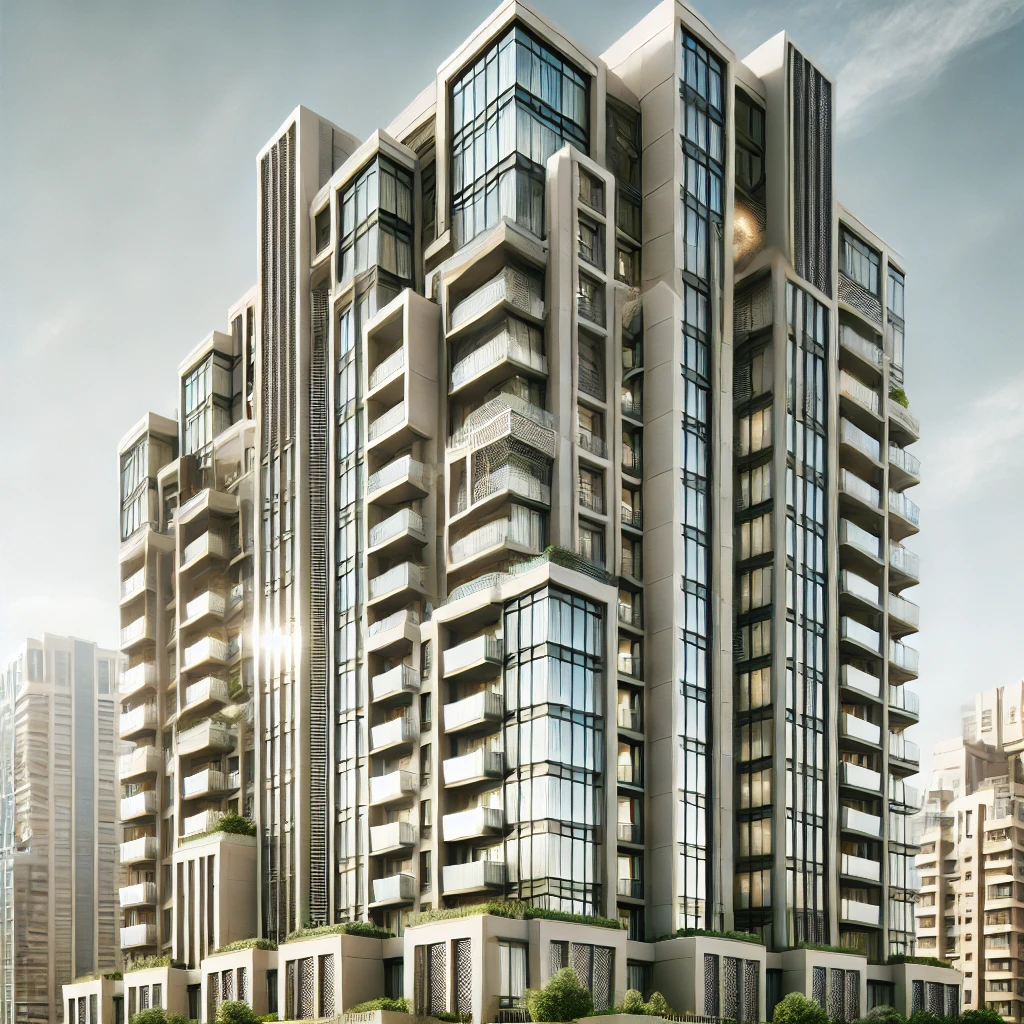Saudi Arabia, known for its rich culture and rapid economic development, is a country where housing options are as diverse as its landscapes. Whether you’re relocating for work, education, or a change of scenery, understanding the housing market in Saudi Arabia can help you find the perfect place to call home. Here’s an in-depth look at housing types, rental processes, budgeting, and tips to help you navigate the housing search.
Types of Housing Options in Saudi Arabia

a. Apartments
Apartments are among the most popular housing choices, especially in urban areas like Riyadh, Jeddah, and Dammam. You’ll find a range of apartment styles, from compact studios to spacious three-bedroom units. Apartments in high-rise buildings are common in the city center, while more traditional low-rise apartment buildings can be found in suburban neighborhoods.
b. Villas
Villas are ideal for families or individuals looking for more space and privacy. These typically feature multiple bedrooms, private gardens, and often even a pool. Villas come in various styles, from contemporary to traditional Arabic designs, catering to different aesthetic preferences and budgets.
c. Compound Living
Compounds are gated communities that offer a Western-style living experience. Popular among expatriates, compounds provide additional amenities like gyms, swimming pools, cafes, and security services, all within a safe, enclosed space. Compounds also offer social communities and often have schools, making them a practical choice for families.
d. Single-Family Houses (Standalone)
For those preferring more privacy than an apartment but not interested in a compound, standalone single-family houses offer plenty of space and private amenities. These are usually found in suburban or less densely populated areas and can be more affordable than compounds while still offering substantial room and privacy.
e. Studio Apartments and Shared Accommodation
Studio apartments and shared accommodations cater to individuals on a budget. Studios are compact, single-room apartments with a small kitchen and bathroom, while shared accommodations offer individual rooms within a shared house or apartment, ideal for students or single professionals looking to save on costs.
The Rental Process: Step-by-Step Guide

a. Determine Your Budget
Saudi Arabia’s rental prices vary significantly depending on the city, neighborhood, and type of housing. Major cities like Riyadh and Jeddah are more expensive, while smaller cities tend to be more affordable. Budgeting 25–30% of your monthly income for rent is a safe benchmark.
b. Choose the Right Location
Proximity to your workplace, schools, healthcare, and entertainment options are essential factors. Riyadh, Jeddah, and Al Khobar offer diverse neighborhoods catering to different lifestyles, from business districts to more relaxed residential areas.
c. Consult with a Real Estate Agent
Real estate agents can be invaluable in the house-hunting process. They know the local market, understand the neighborhoods, and often have access to exclusive listings. Working with an agent is especially helpful if you’re new to the country or city.
d. Visit the Properties
It’s crucial to visit multiple properties before making a decision. Check for essential amenities like air conditioning, parking, internet connectivity, and other factors that will impact your daily life. Note the condition of the building, neighborhood safety, and accessibility to main roads.
e. Negotiate the Lease Terms
Once you’ve selected a property, it’s common in Saudi Arabia to negotiate the rental terms. Many landlords are open to discussions about rent, lease duration, and other conditions. Ensure you read and understand the lease agreement, particularly regarding the security deposit, maintenance responsibilities, and termination clauses.
f. Sign the Lease
Lease agreements in Saudi Arabia are typically one-year contracts that automatically renew unless stated otherwise. The contract will include all agreed-upon terms, monthly rent, and any penalties for breaking the lease early.
g. Register Your Lease on Ejar
Ejar is Saudi Arabia’s online rental contract registration system, designed to regulate the rental market. By registering on Ejar, both the landlord and tenant agree to follow standardized procedures, ensuring legal protections for both parties.
Budgeting for Housing in Saudi Arabia
Housing costs in Saudi Arabia vary widely. Here’s a rough estimate of monthly rental costs for different types of accommodations in major cities:
- Studio Apartments: SAR 1,500 – SAR 3,500
- One-Bedroom Apartment: SAR 2,500 – SAR 5,500
- Two-Bedroom Apartment: SAR 3,500 – SAR 7,000
- Villas: SAR 8,000 – SAR 25,000 (depending on location and amenities)
- Compound Living: SAR 10,000 – SAR 30,000 Utilities such as water, electricity, and internet will add SAR 500 – SAR 1,500 to your monthly expenses, depending on your consumption and provider.
Factors to Consider When Choosing a Home
a. Proximity to Work and School
Being close to your place of work or school can significantly impact your quality of life by reducing commute time and travel expenses.
b. Community and Lifestyle
Some neighborhoods offer more Western-style amenities and communities, while others maintain a more traditional Saudi feel. Consider what kind of community you’re comfortable with, especially if you’re moving with a family.
c. Safety and Security
Check the security features offered by the property, especially for standalone houses or apartments outside of compounds. Compounds are generally well-secured with 24-hour guards, but it’s wise to assess safety in other areas.
d. Accessibility and Amenities
Consider the availability of public transport, parking facilities, and nearby supermarkets, malls, and recreational centers. Some neighborhoods are better equipped with public amenities than others.
Tips for Finding the Perfect Home
a. Use Trusted Real Estate Platforms
Websites like Bayut, Sakan, and Haraj list a wide variety of rental properties across Saudi Arabia. They provide details on location, amenities, and price, allowing you to filter results based on your preferences.
b. Research the Neighborhoods
Take time to read reviews and get insights into neighborhoods. Online forums, expat communities, and social media groups often provide valuable advice on safe, welcoming areas, especially for newcomers.
c. Understand Your Rights and Obligations
Familiarize yourself with Saudi tenancy laws and the Ejar system, which protect both landlords and tenants. Understand your rights regarding rent increases, maintenance responsibilities, and other essential terms.
d. Join Expat Groups for Insights
Expat groups and forums offer firsthand experiences and advice on finding housing in Saudi Arabia. Connecting with people who have gone through the process can be invaluable in finding a place that meets your expectations.
Final Thoughts on Renting in Saudi Arabia
Renting in Saudi Arabia can be straightforward if you approach it with knowledge and preparation. With diverse housing options from urban apartments to family-friendly villas, the Saudi housing market caters to a variety of preferences and budgets. By considering the factors mentioned above and utilizing available resources, you can find a home that fits your lifestyle and provides a comfortable base as you settle into Saudi Arabia.
Remember, patience and thorough research are key. Once you’ve found your ideal home, you’ll be able to enjoy all that Saudi Arabia has to offer while comfortably settled in a place that truly feels like yours.
Finding the right home in Saudi Arabia might require some time and effort, but with this guide, you’re well on your way to making a choice that suits your needs and lifestyle. Happy house hunting!



